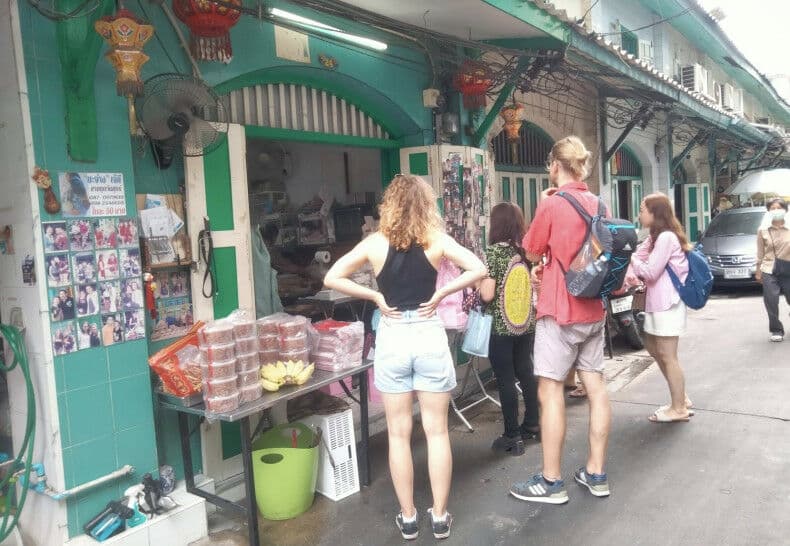Thailand revamps tourism strategy amid Chinese market slowdown

The Ministry of Tourism and Sports is revising its strategy for the latter half of the year in response to the subdued Chinese market and diminished confidence due to a recent earthquake. A new crisis management team will be established to address these challenges.
The ministry plans discussions with a strategy consulting team to guide the Tourism Authority of Thailand in implementing this strategy, according to Natthriya Thaweevong, the permanent secretary.
Thailand has encountered various issues affecting tourism sentiment this year, including an earthquake impacting Myanmar and Thailand, alongside global economic challenges. Natthriya remarked that the country can no longer depend on the Chinese market as heavily as before.
In 2019, before Covid-19, Thailand received a record 11 million Chinese visitors, but post-pandemic recovery has been slow, with only 6.7 million visitors last year. This year’s forecast predicts around 7 million.
Tourism and Sports Minister Sorawong Thienthong announced the formation of a Tourism Risk and Crisis Management team to support the industry, involving representatives from organisations like the Interior Ministry and the Department of Land Transport.
He mentioned that, based on initial private sector feedback, the ministry will work with the Bangkok Metropolitan Administration to issue safety certificates for hotels following the earthquake.
Sorawong emphasised the importance of communicating a unified message that Thailand remains a safe travel destination and noted that the Chinese market is particularly sensitive to earthquake-related news. The ministry intends to engage with the Chinese ambassador to restore confidence.
Plans include inviting influential Chinese media figures to demonstrate the safety of all provinces, including Bangkok, which was most affected.
With Songkran celebrations approaching, all activities are expected to proceed as planned. The ministry has requested the Tourist Police to work with provincial police to ensure safety in key areas.
Travellers are also encouraged to download the Thailand Tourist Police app for direct alerts in case of unforeseen events.
Sorawong expressed optimism that the current lull in bookings will not persist, as efforts to address the issue are ongoing, reported Bangkok Post.
Thienprasit Chaiyapatranun, President of the Thai Hotels Association, urged the government to swiftly launch the domestic co-payment tourism promotion scheme. He projected that average hotel occupancy during April and the Songkran period would be around 60%, down from last year’s 65%.
A representative from the Airlines Association of Thailand noted that airline bookings fell by 40 to 60% in the two days following the earthquake, with bookings from China dropping by 60%.
Latest Thailand News
Follow The Thaiger on Google News:


























